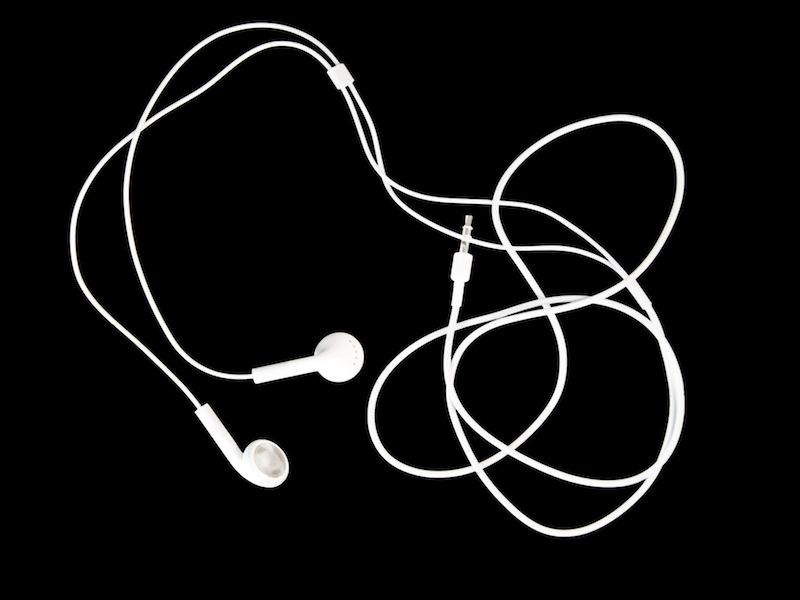
You don’t need to feel like your by yourself if you haven’t had a hearing test since you were a youngster. Regrettably, we have a tendency to treat hearing loss reactively rather than proactively, and a normal adult physical generally doesn’t include a hearing test. In fact, even when they know they have hearing loss, the majority of people neglect it for up to seven years which can seriously affect your health. As a matter of fact, untreated loss of hearing has been shown to increase your healthcare costs in the long run.
The good news, In order for our hearing specialists to assist you, we suggest a hearing test which is simple, pain-free and gives a wealth of important information. Both to find out if interventions like hearing aids are helping you and also for diagnosing potential hearing issues. A full audiometry exam is more involved than what you may remember from childhood and you won’t get a sticker or a lollipop when it’s finished but you’ll get a much clearer understanding of your hearing.
It’s crucial that you regularly get your hearing tested even though you might not normally give your hearing as much consideration as your teeth or eyes. You may not notice a problem with your hearing for a long time. Hearing loss often happens gradually, and the sooner you recognize an issue with your hearing, the sooner you might be able to fix it.
When Should You Get Examined?
Typically the hospital will test newborns for hearing loss before they send them home. Teenagers should be tested during regular checkups with their physicians and children should get formal hearing exams at the ages of 4, 5, 6, 8 and 10 years old according to The American Academy of Pediatrics.
It’s suggested that if you are in between the ages of 18 and 49, you get your hearing checked every five years and then, as you get older, more frequently. You should get tested every three years if you are 46 to 60 years old and then every two years after you turn 60. But don’t allow that to stop you. Your individual circumstances will determine when you should be a test. If you find that your hearing isn’t what it used to be, you should have it examined right away. Untreated hearing loss has been connected to mental decline, depression and a greater risk of falling and other health concerns. It can also affect your relationships and your ability to work efficiently.
And you need to have a hearing exam, in some situations, as soon as possible if you have hearing loss that is getting worse quickly. The following situations indicate that you should get a hearing test right away:
- Asking people to repeat themselves is something you have to do constantly
- You are experiencing vertigo
- Your ear was infected, or there was a buildup of earwax
- You are unable to hear conversations, particularly when in crowded areas
- Pinpointing where sounds are coming from is difficult
- You are experiencing a constant ringing in your ears
Whether you are at risk of hearing loss is another factor. You should get your hearing examined more frequently, as an example, if you are subjected to loud noise or if loss of hearing runs in your family.
Also, more than 200 ototoxic medications exist. These drugs can be extremely harmful for your hearing and they range from some antibiotics to aspirin. In order to make sure none of your medications are affecting your ears, consult your doctor. Consider getting your hearing tested more often in order to address any loss of hearing immediately if you are taking any ototoxic medications.
Also, consider your habits and whether they may contribute to hearing loss. Are you using earbuds regularly? There’s been a noticeable rise in younger people who have hearing loss, which many experts connect to the increased use of earbuds and other headsets. Your ears can also be significantly damaged by loud concerts, shows, and machinery. Schedule your hearing test today if it’s time for you to have your hearing tested.